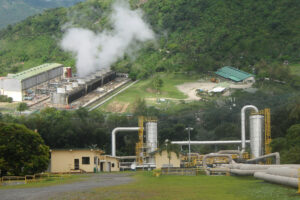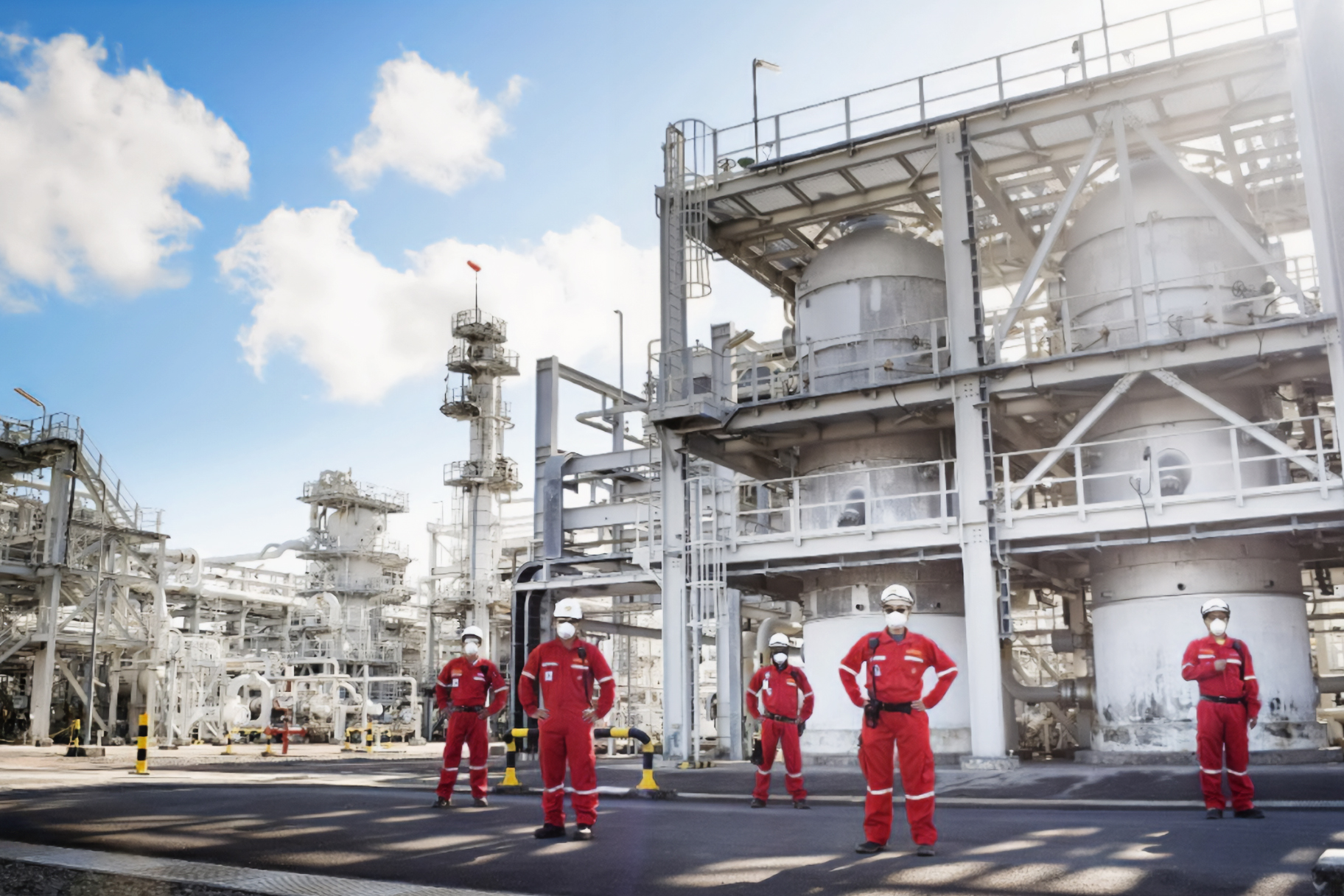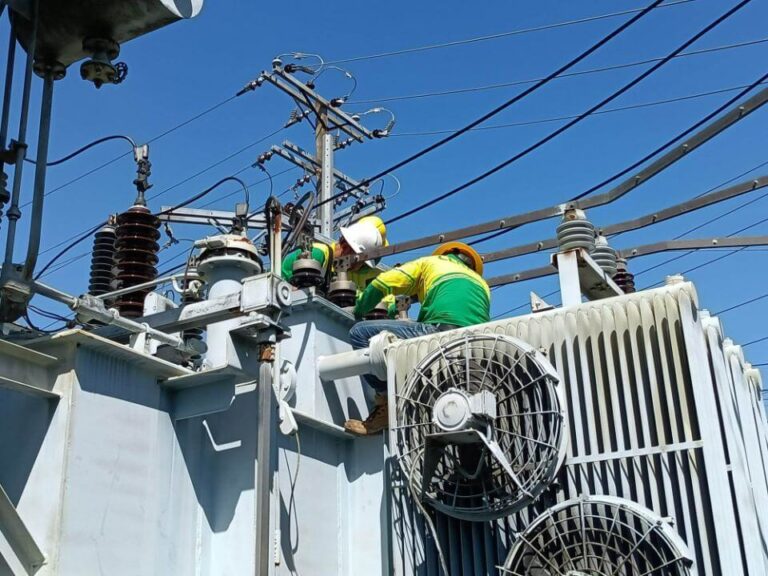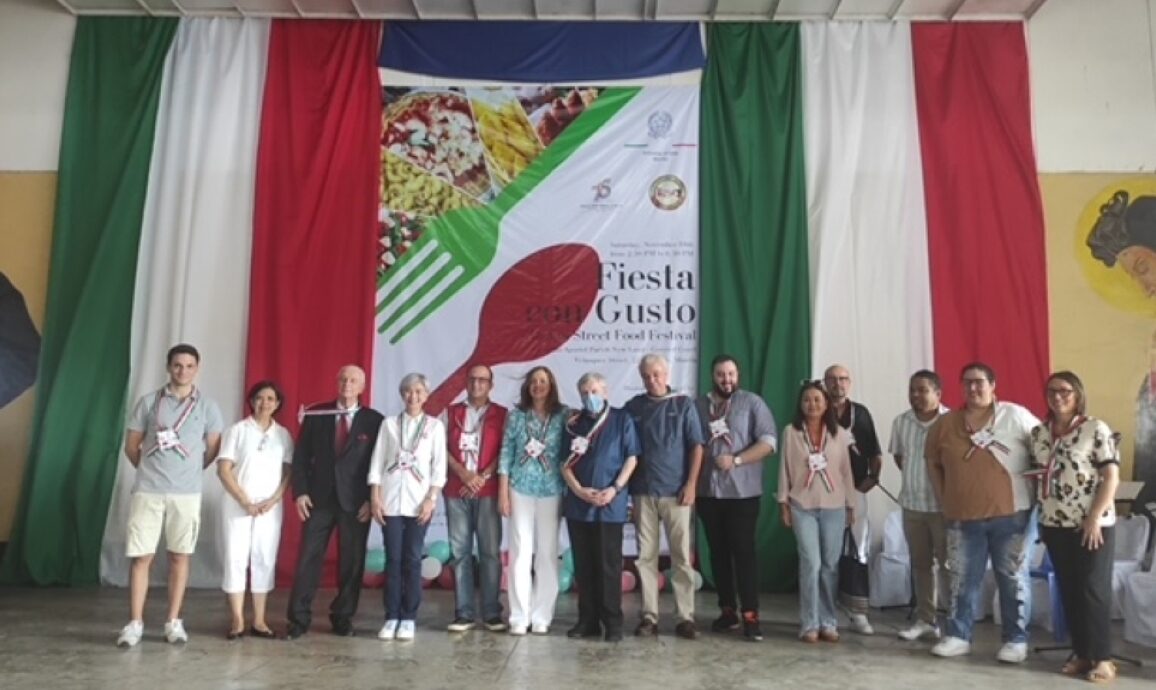The Senate Committee on Energy Technical Working Group said Monday that developing the country’s natural gas industry is critical to driving investments that will enhance national energy security, reduce electricity costs and create more jobs for Filipinos.

During the TWG meeting on Senate Bill No. 2247, Atty Gareth Tungol, special legal counsel of Senator Raffy Tulfo, said that developing the country’s natural gas industry will open up a larger market share for investors as government policy shifts towards clean energy.
Senate Bill No. 2247 authored by Tulfo seeks to promote the development of a comprehensive, and integrated legislative policy that aids in the rapid development of the Philippines’ natural gas sector.
The urgency of the bill’s passage arises from the critical need to extend the life of Malampaya gas, which provides about 40 percent of the country’s natural energy needs since 2001.
The TWG also noted that the bill added “priority” dispatch for indigenous natural gas to encourage more investments in the development of indigenous gas resources.
“Pagdating sa mga gagamit ng fuel for gas-fired power plants, mauuna yung gas ko kapag galing dito ‘yung gas ko, di ba?…We are not prioritizing blindly; we are prioritizing Filipino gas first. ‘Yun ang policy naming because naniniwala kami na dapat hindi ang first step ay importation,” Tungol, who presided over the TWG meeting on behalf of Tulfo.
“I think ‘yun ‘yung best driver ng investment natin dahil instead na mag-invest sila sa importation, mag-invest sila sa facilities, sa mga infrastructure. So may trabaho plus may foreign investment,” he added.
The Department of Energy (DOE) was present during the TWG meeting and has expressed its support for the development of the country’s natural gas industry, which also aims to promote growth in the power generation industry.
Tungol also said that using coal is “a lot more ecologically damaging” and more expensive than natural gas.
“When you fire up a coal power plant, hindi ‘yan parang light switch no, it takes a while to ramp up, to heat up, to generate energy. It also takes a while to adjust that energy, so pag nag-iba ‘yung energy demand, minsan naiiwan ‘yung production ng coal, nagkaka-brown out tayo. Ang natural gas, kasi yung planta niyan, mabilis ang transition, so mabilis tayong makaagap, kung kulang yung kuryente sa isang lugar, as long as the grid is connected, pwede ka magbato agad ng excess kuryente dun sa kabila,” he added.
The TWG has yet to release the exact amount of reduction of prices once the law takes effect because pricing will depend on the market. However, Tungol assured that “the end goal of all our energy bills is to drive down the [energy] prices.”
“Ang masasabi lang namin, hindi siya kasing volatile as coal. Hindi siya pumuputok, hindi rin siya nagdi-dip ng sobrang baba, magmi-middling siya towards lower energy costs talaga,” Tungol said.
Aside from energy security, the TWG chair noted that the development of the natural gas industry in the country has a “trickle-down effect” through generation of jobs.
“Kapag nag-invest ‘yung malaking corporation, they will need people to work for them, Filipinos ‘yan most likely ang magtatrabaho para sa kanila. It’s not only income generating for the investors, but it’s also job generating for our country,” Tungol said.
“Marami tayong skilled engineers dito sa Philippines, marami tayong OFWs na nagtatrabaho sa LNG plants sa ibang bansa, so we have the capacity as a Filipino people to actually support the industry pero wala lang tayong industry dito. So ‘yun ‘yung ginagawa namin… bigyan mo sila ng opportunity to invest, mayroon tayong opportunity to work,” he added.##




